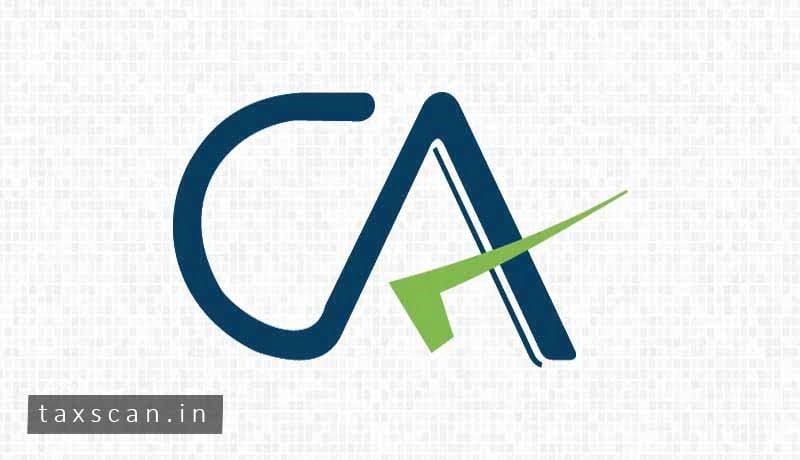Supreme Court quashes Recommendation To De-Register CA as ICAI didn’t assign any reason [Read Judgment]

Supreme Court – CA – ICAI – Taxscan
Supreme Court – CA – ICAI – Taxscan
The Supreme Court quashed the recommendation to De-Register CA as the Institute of Chartered Accountants of India (ICAI) did not assign any reason.
The appellant, D.K. Agrawal is a chartered accountant having his Office as M/s, Dinesh K. Agrawal & Co., Chartered Accountants. Information was received by the Institute of Chartered Accountants of India from the Office of the Inspecting Assistant Commissioner of the Income Tax alleging that the appellant had deposited in local treasury unit of Incometax Department at Agra a total sum of Rs.2514 being the last digit of amount, outstanding against the assessees. The Office of the Inspecting Assistant Commissioner of the Income Tax further alleged that the appellant had interpolated assessees’ copies of challans to show higher figures and claimed the higher amount from them. The said information was conveyed to the appellant vide Institute’s letter dated 14.02.1980 and he was requested to send his written statement in response. The appellant submitted his duly verified written statement. At its 96th meeting, the Council of the Institute was of the prima facie opinion that the appellant was guilty of professional and/or other misconduct and accordingly referred the case to the Disciplinary Committee constituted under the Chartered Accountants Act, 1949.
The appellant urged that the opinion formed by the Council was not guided by the doctrine of benefit of the doubt. The Council was under an obligation to record a finding that the guilt of the appellant was beyond reasonable doubt which, it was argued, is not so in the instant case. It was further argued that the High Court ought to have accepted the submissions of the appellant and set aside the recommendations, considering the fact that the recommendation of the Council was violative of the principles of natural justice. He has also attacked the report of the Disciplinary Committee which, according to him, was made with a pre-determined mind and that is perverse and contrary to the materials placed on record.
On the other hand, the respondent-Institute has submitted that taking into consideration the materials on record and also the written statements and submissions of the appellant, the Council had come to the conclusion that the appellant was guilty of misconduct. The High Court has very rightly confirmed the recommendations of the Council and has allowed the references accordingly. There is no error in the report of the Disciplinary Committee or in the order of the Council. Therefore, the appellant cannot find fault with the judgment of the High Court.
The division bench of Justice S.Abdul Nazeer and Justice Krishna Murari noted that where the Council has found any member of the Institute to be guilty of misconduct, it is required under the Act to forward the matter to the High Court with its recommendations and the High Court has to pass final order either dismissing the complaint or penalizing the member of the Institute. The order of the Council, imposing a penalty upon the member, is also appealable by the members aggrieved before the High Court. In the circumstances, it is all the more necessary that the recommendation/order of the Council should contain reasons for the conclusion.
“We are of the view that the High Court has equally erred in accepting the recommendations of the Council without applying its own logic to this aspect of the matter. We are also of the view that the Council has to reconsider the matter afresh after granting the appellant an opportunity of being heard. Having regard to the above, we do not propose to consider the other contentions of the parties,” the court said.
“Resultantly, the recommendations/order(s) passed by the Council of the Institute of Chartered Accountants of India which were the subject matter of the aforesaid two reference cases, are set aside. Consequently, the orders of the High Court impugned herein are also set aside. The appeals are accordingly allowed. These matters are remitted back to the Council for fresh consideration and disposal in accordance with law and in the light of the observations made above. The Council is directed to consider and dispose of the matter(s) as expeditiously as possible but not later than three months from the date of receipt of a copy of this order. All the contentions of the parties are left open. Having regard to the facts and circumstances of the cases, both the parties are directed to bear their respective costs,” the Apex Court added.
To Read the full text of the Judgment CLICK HERE
Support our journalism by subscribing to Taxscan AdFree. Follow us on Telegram for quick updates.


